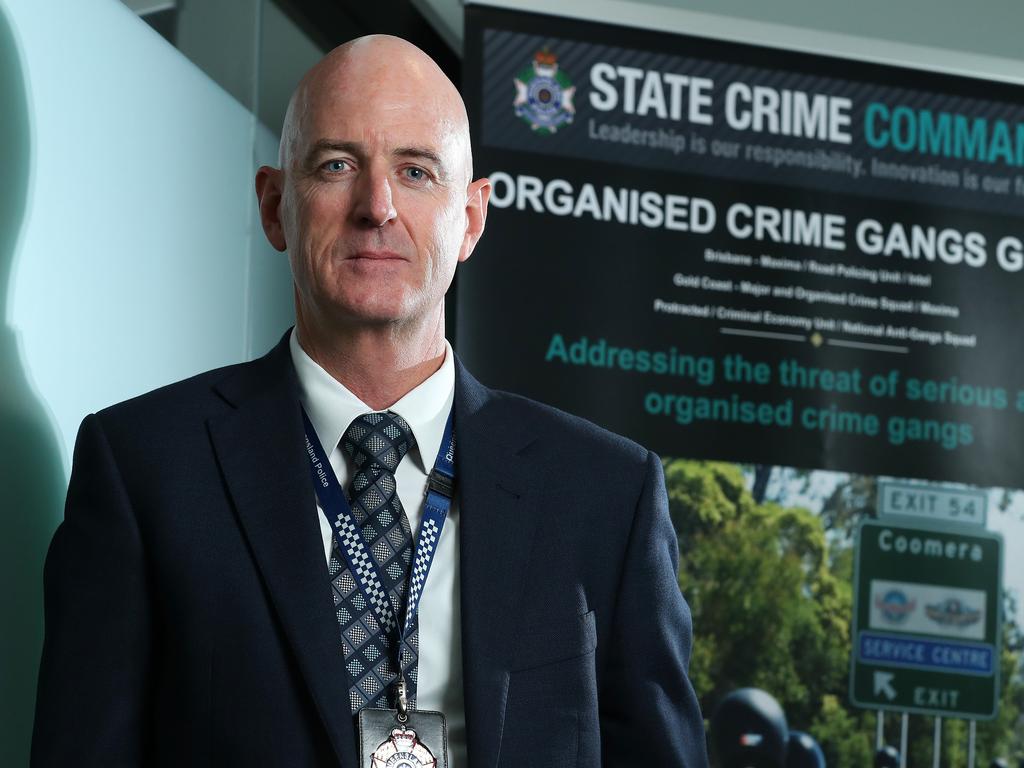Bikie gangs are being changed by recruitments of ‘young violent men’, study finds
Bikie gangs are starting to recruit young men more prone to violence, who are looking to ‘get rich quick’, a new study has found.

Outlaw motorcycle gangs are recruiting younger men more prone to violence, drawn to the gangster image and wanting to get rich quickly, a new study has found.
The Australian Institute of Criminology (AIC) has released a study, based on two reports, that reveal the changing culture within outlaw motorcycle gangs (OMCG) and the effects on members, and the support they needed to exit a club.
The reports were drawn from the same 39 interviews with former Queensland OMCG members and it discovered a propensity for violence and lack of loyalty among newer members, says AIC Deputy Director Dr Rick Brown.

He said the interviews provided a unique insight into the changing nature of OMCG, its members and the consequences of renouncing membership.
“This study has provided first-hand insights from former members that show how some clubs are changing,” Dr Brown said.
“They described how their former clubs were recruiting younger men who are more prone to violence, attracted by the gangster image, and who are looking to join clubs to get rich quick.
“There is a real culture change in some clubs, with more conflict and less loyalty between members. And this is having a real impact on the members who are leaving.”
The report, based on the interviews with former Queensland OMCG members, covered recruitment, how clubs were managed, their values, norms and relationships.
The other report looked at the support needs of former members and identified the repercussions of exiting a club.
The direct consequences of leaving, or being expelled, included intimidation, violent assaults or being stabbed, loss of assets … the payment of large exit fees, and disruption of social networks, the study found.
“It took me a while to put in security systems, lights … I got a dog that bites anyone,” a former OMCG member said.
“So that’s the only real measures that I could take, apart from placing basic weapons around the house, lumps of wood and table legs.
“I was gonna get shot, snipered. I decided at that stage that I was a wanted man … basically, lived out of my car, moved all over the place.”
Other former members spoke about being bashed while the report stated, some of the direct financial costs for former members indicated losses of up to $250,000 and exit fees of between $5,000 and $10,000.

Queensland Detective Acting Chief Superintendent Roger Lowe said the research exposed the underbelly of OMCG membership and the consequences of leaving a club.
“ Young men are often drawn into these gangs only to find the reality of OMCG life is not what they expected,” Chief Supt Lowe said.
“This pioneering research provides unparalleled insights from ex-gang members, many of who regret their decision to join a gang and now live with the consequences of their decisions.”
The report suggested the need for a government-funded exit strategy, similar to Denmark, that provided housing, employment and education support.
In addition, drug rehabilitation and other therapeutic interventions should be made available as well as assistance with tattoo removal and some form of protection for those who face a real or perceived threat of violence upon leaving.



